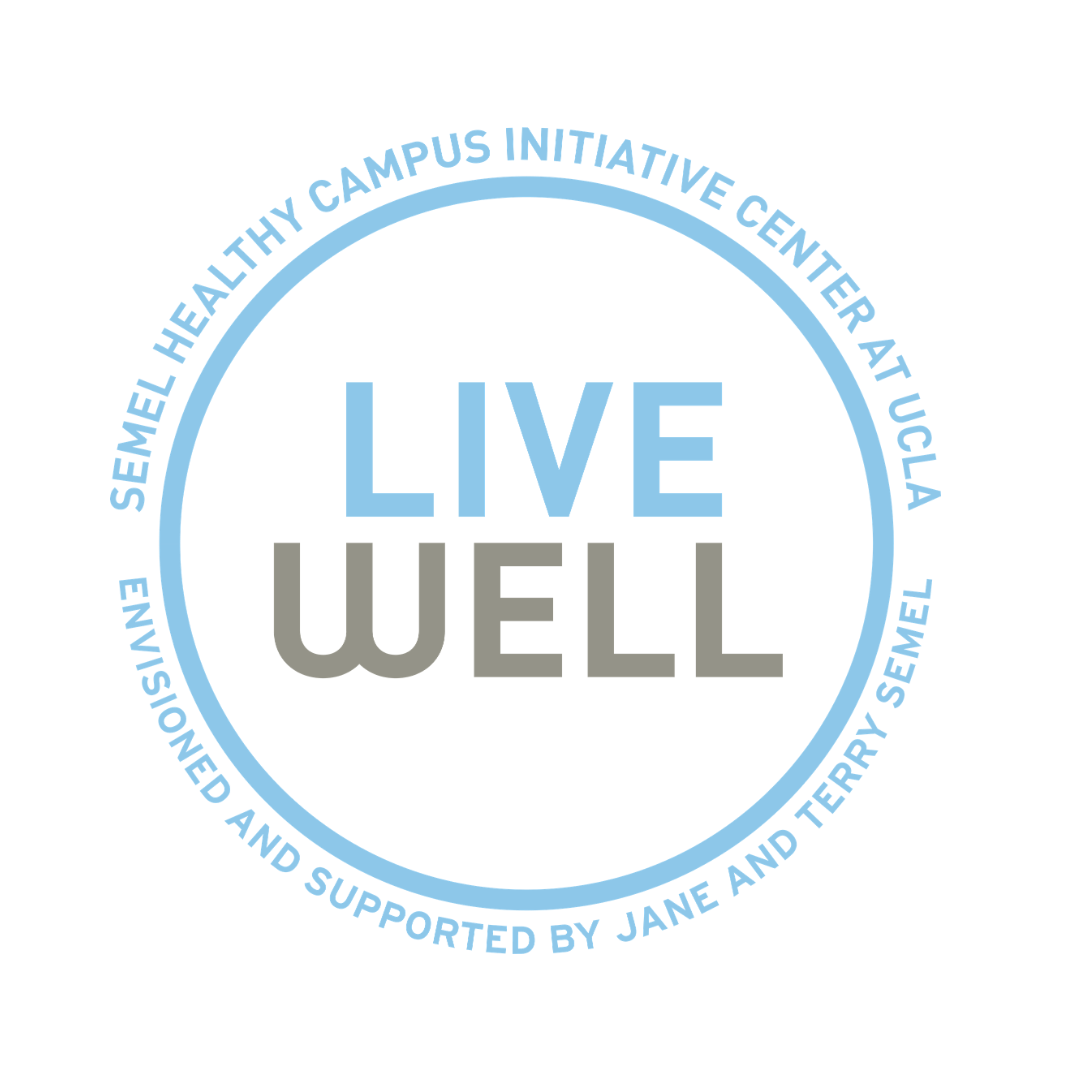During these uncertain and rapidly changing times, many of us may find ourselves constantly checking the news and social media. However, prolonged and repeated exposure to such media may actually be harmful to our health. Today, I chat with Dr. Roxane Cohen Silver, Professor of Psychological Science, Medicine and Public Health at UC Irvine and the Associate Director of the UCI ADVANCE Program in the Office of Inclusive Excellence, about the public health consequences of media exposure.
More about Dr. Roxane Cohen Silver
At some point, most people encounter stressful events that can have a major impact on the course and direction of their lives. They or those they love may be confronted with a disabling accident, serious illness, death, or violent crime. In my work, I attempt to investigate systematically the acute and long-term reactions to these personal traumas, as well as the impact of larger community disasters such as terrorist attacks, earthquakes or firestorms, school shootings, and war. I seek to identify individual, social and societal factors that facilitate successful adjustment to stressful life events and to identify myths concerning the coping process. I also explore the long-term physical, cognitive, emotional, and social effects of traumatic experiences and consider the impact of beliefs and expectations of one’s social network on the adjustment process. Finally, my research highlights predictors of individual and community resilience, the cumulative effects of collective traumas, and the role of traditional and social media in transmitting the stress of community disasters beyond the directly impacted community.
I was principal investigator of a multi-year longitudinal study of the national impact of the September 11th terrorist attacks on mental and physical health. I recently oversaw several other research projects, in collaboration with current and former students and national and international colleagues: a study on resilience and vulnerability following repeated natural disasters in Java, Indonesia (in collaboration with Psychology Beyond Borders, an international nonprofit organization that I co-founded and for which I serve as Chair of the Board of Directors), a study of a nationally representative sample of over 2000 adults following the massive 8.8 earthquake and subsequent tsunami in February, 2010 in Chile (with colleagues at the Universidad Andrés Bello in Santiago), an interdisciplinary project that examined the political impact of the psychological response to the threat of terrorism and responses to turbulence in our society (e.g., the economic meltdown), and a multidisciplinary project to develop a quantitative index of the psychosocial impacts of natural and human-caused disasters (including health, social functioning, and political attitudes) through the use of vital statistics, archival and administrative information, and other secondary sources of data. My current work includes a national longitudinal study of the April, 2013 Boston Marathon bombings, the Ebola public health crisis, the 2016 Orlando nightclub mass shooting, and Hurricanes Harvey, Irma, and Michael. Our research team has just begun an NSF-funded national longitudinal study of the 2020 novel Coronavirus (COVID-19) pandemic in the United States.




